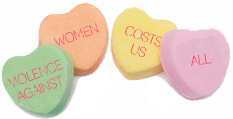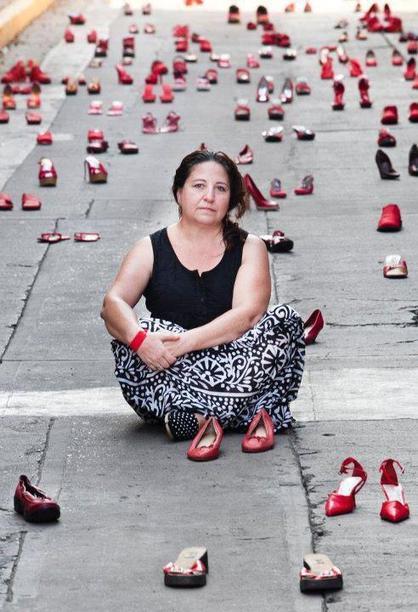March 8 is International
Women’s Day. International Women’s Week begins from March 3 to March
9. Each year at this time, Canadians celebrate progress toward equality for
women and their full participation in all aspects of their
lives.
Canada’s theme for
International Women’s Day and Week 2013 – Working Together: Engaging Men
to End Violence against Women – provides an opportunity for us to
reflect on the impacts of violence against women and girls, and how we can all
be part of the solution. You can promote this special week
by:
·
sharing information
on this year’s theme for IWD; or
·
participating or
organizing an event.
Also, we would like
to take this opportunity to inform you of a new web site dedicated to this
topic, which includes information on what we can all do to help end violence
against women and girls: www.women.gc.ca/violence.

